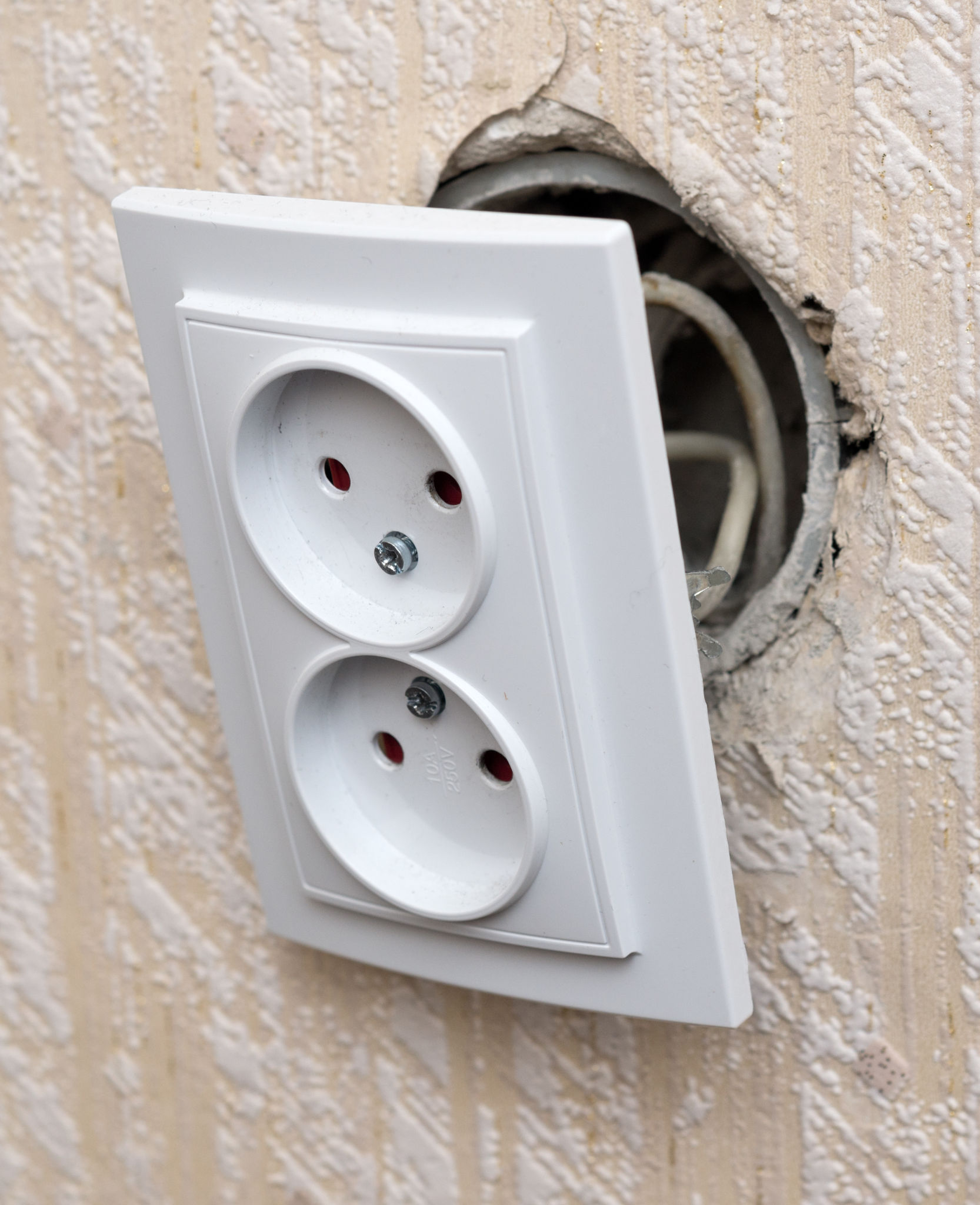DIY Electrical Fixes: What You Can Do and When to Call a Pro
Understanding Your Electrical System
Your home’s electrical system is a complex network that powers everything from your kitchen appliances to your home office equipment. While it can be tempting to tackle electrical fixes yourself, it’s crucial to understand the basics before diving in. Familiarizing yourself with the main components of your system, such as the circuit breaker panel, outlets, and wiring, is a good starting point.

Knowing how electricity flows through your home can help you identify minor issues and understand when it's necessary to seek professional help. Remember, safety should always be your top priority when dealing with electricity.
Common DIY Electrical Fixes
Replacing Light Switches
One of the simplest electrical tasks you can do yourself is replacing a light switch. If a switch is not working properly or you want to upgrade to a dimmer, this is a manageable task for the average DIYer. Ensure the power is turned off at the breaker before starting, and use a voltage tester to double-check that the switch is not live.
Fixing Loose Outlets
Loose outlets are a common issue that can lead to poor connections and potential fire hazards. To fix a loose outlet, simply turn off the power, remove the outlet cover, and tighten the screws that secure the outlet to the box. This quick fix can improve safety and functionality.

Installing New Light Fixtures
Updating a light fixture is another task that many homeowners can handle themselves. Whether you're replacing an outdated fixture or adding new lighting, ensure the electricity is off before starting. Follow the manufacturer’s instructions carefully for a safe and successful installation.
When to Call a Professional
Major Wiring Changes
While small fixes are often safe for DIY enthusiasts, major wiring changes should always be left to professionals. If you're planning a renovation that involves adding new circuits or outlets, it's best to hire a licensed electrician who can ensure everything meets code requirements.

Troubleshooting Frequent Breaker Trips
If your circuit breaker trips frequently, it might indicate an overloaded circuit or other underlying issues. An electrician can diagnose and resolve these problems, preventing potential fire hazards or damage to your electrical system.
Addressing Flickering Lights
Flickering lights are not only annoying but can also be a sign of more serious electrical problems. While you might be able to tighten a loose bulb yourself, persistent flickering should be evaluated by a professional to rule out issues such as faulty wiring or overloaded circuits.
Conclusion
Tackling minor electrical fixes yourself can be empowering and cost-effective. However, recognizing when to call a professional is crucial for maintaining the safety and integrity of your home's electrical system. Keep safety at the forefront of all your DIY endeavors, and never hesitate to reach out for professional help when needed.
